|
We don’t all have the same skincare routine, so it makes sense that we shouldn’t take the one-size-fits-all approach to our haircare regime, too. However, we have a hard enough time choosing a shampoo, do we really need to also decide on which way to wash our hair? Yes, actually.
Of all the different ways to wash your hair out there (and there’s far more than you’d think), choosing the right one for you could mean the difference between a frizzy ‘fro and defined, shiny curls. But to keep things nice and simple, we’ve narrowed the field down to conditioner-only washing and double cleansing (rinse and repeat), and asked the pros to weigh in on each side to give us their reasons for why you should go down the co-cleanse or double cleanse route… Co-cleansing is great for: Coloured, curly or coarse hair types The pro says: “Co-cleansing, or conditioner-only washing, is what everyone is talking about in the world of hair innovation, as more and more people are choosing to ditch the styling tools and opt for a natural finish. Although it works on all hair types, this formula is most suitable for coloured, curly and coarse hair types that are prone to frizz and dryness,” explains Sam Burnett, owner of London’s award-winning Hare & Bone and winner of 2017’s Most Wanted Hair Trend award. The biggest benefit of co-cleansing is that it doesn’t disturb or affect the placement and direction that the hair naturally falls. This is ideal for people wanting to achieve an undone finish with minimal-to-no styling. By gently cleansing the scalp, it creates less frizz overall, while thoroughly cleaning the hair follicles. Differing from traditional shampoos, co-cleansing shampoos, such as the KMS MoistRepair Cleansing Conditioner, do not disturb the cuticle as much, making it much smoother and softer. This particular formula has been created to ensure the hair is balanced and refreshed without stripping its natural oils and nutrients, which we need to keep hair looking shiny and strong. By minimising the detergent used (commonly found in traditional lathering shampoos), it keeps the hair more moisturised and conditioned.” Double-cleansing is great for: Fine or weak hair and those worried about scalp health The pro says: “It’s an urban myth that we shouldn’t wash our hair every day. Our scalp is an extension of the skin on our face so we need to look after it similarly,” says Kay McIntyre, owner of the award-winning mcIntyres salons in Scotland. “Double cleansing helps to promote scalp health, which means healthier, stronger hair. With the removal of all impurities on the scalp, the hair can easier penetrate the follicle so there’s no chance of weakening. In the salon, we always promote double cleansing for the most effective removal of residue on the scalp. The first wash removes the oils, letting the second cleanse deeply clean, unclogging the follicles. Many people believe that the sebum that builds up on the scalp (within only three hours of washing) helps to protect the skin. However, sebum provides no benefits. In fact, as the oily sebum creates a film over the scalp, it stops the promotion of healthy hair growth as each new strand must fight through a barrier, causing stress and weakening the hair. I’m an ambassador for Nioxin, which specialises in products for fuller-looking hair, so scalp and hair health is at the core of what I believe. This is why I promote double cleansing to anybody who wants stronger, thicker, fuller looking hair – and who doesn’t want that?” This article appeared on Layered
0 Comments
From supplements to lifestyle changes, these are the most effective ways to amp up your locks. Most of us are not only tied to our hair physically, but emotionally, too. It’s an extension of our identity—an important part of our physical appearance that gives us a keen type of confidence. That’s why it’s so common to feel incomplete after your hair starts thinning or falling out. While it’s perfectly normal to shed strands (in fact, most people lose 50 to 100 hairs per day on average), large clumps of hair should not be falling out and clogging the shower drain, explains celebrity hairstylist Andrew Fitzsimons
One of the biggest culprits that cause thinning hair is simply aging. “As women go through menopause, they create less estrogen and progesterone, which leaves their hair more susceptible to the effects of androgens (testosterone), hormones that thin the hair and slow down its growth,” says Erum Ilyas, MD, a dermatologist at Montgomery Dermatology in Pennsylvania. “Aside from aging, certain autoimmune conditions (frontal fibrosing alopecia and lichen planopilaris) can cause hair loss and result in inflammation at the base of the hair follicles, which can actually scar the hair follicle and has a risk of permanent hair loss.” Other less severe factors may be to blame for thinning hair, too. “Crash dieting, surgeries, family stress, new jobs, having the flu, long distance travel, you name it—all can have a direct impact when it comes to shedding of the hair and its inability to grow faster,” says Dr. Ilyas. “When a major stress occurs, there is a shift in the hair cycle of growth and less hair follicles are stimulated to grow.” Vitamin deficiencies caused by a poor diet, such as a lack of iron and vitamin B12 deficiency, have been linked to thinning hair as well. If you’re someone who hops on and off the latest diet bandwagon, especially if those diets are quite aggressive, your hair follicles can be impacted, causing aggressive fall out with no new regrowth. The good news: Although some hair shedding is inevitable, there are plenty of solutions and tricks of the trade to help you grow a fuller, thicker head of hair relatively fast (though patience is a must!). Here, hair and skin experts share their best kept secrets for healthier and longer hair. by Jacqueline Kilikita Forget retinol or hyaluronic acid for a second, because this year, one ingredient has outshone them all: CBD. Otherwise known as cannabidiol, the component, which is derived from the cannabis plant, has been spotted in facial oils, moisturisers and masks from big name brands like Herbivore, mgc derma and The INKEY List to name a few. Said to be rich in omega fatty acids, which are essential for skin hydration (something we're all in need of right now, thanks to winter temperatures and central heating zapping water from our skin), CBD is now making its way into haircare, and one London salon in particular is pioneering the use of the ingredient in an exclusive scalp and hair treatment. Hari's hairdressers in Fulham is famous for its lush botanical decor, so the treatment seems apt, but with a high-profile celebrity clientele that includes Princess Eugenie, it's also somewhat unexpected. So what does it entail? Salon founder Hari worked closely with the experts at CBD oil brand Spirit of Hemp to create a four-part experience which is entirely unique. The Life Force oil, used throughout the treatment, is made up of hemp flower extract and blended with hemp blossom terpenes. It combines raw CBD oil with CBDA oil – the latter is the plant-derived compound before it goes through decarboxylation, a chemical reaction that removes the acid (A). Essentially, before it is 'treated'. What I thought would be a simple scalp massage and a speedy blow-dry turned out to be one of the most relaxing and beneficial salon treatments I've tried – and as a beauty editor, I've experienced my fair share. According to the salon, the all-natural, non-toxic, 100% organic remedy is meant to "breathe life into lacklustre hair", leaving lengths revived and the scalp balanced, which is exactly what I needed having upset my hair and scalp after experimenting with too many different products. The treatment began with a few drops (optional) of CBD/CBDA oil under the tongue for 6o seconds. I often take my vitamin B12 supplement this way, as it's said to find its way into the bloodstream quicker – but apparently, there's a knack to it, and micro-doses are most beneficial. In fact, both Spirit of Hemp and my therapist (who revealed she starts her day with a swig) mentioned that larger doses can sometimes have an opposite effect or do nothing at all. It tasted like a very strong, bitter olive oil with an extra green kick – not bad, but not great. It only took 15 minutes for my legs to feel lighter. At first, I wasn't sure if it was all in my head, but paired with a cup of hemp flower tea (much more palatable and packed with flavonoids, proven to have antioxidant and anti-inflammatory properties), I was entirely zen. While the same oil, combined with coconut oil, was slathered onto my roots, brushed through my lengths and massaged firmly into my scalp, neck and temples, I was given a CBD oil hand massage and left to relax under heat for around 30 minutes so that the treatment could work its magic by penetrating my strands and scalp. A hair wash, condition and blow-dry completed the treatment, and it's safe to say my hair has never looked or felt better. Softer, shinier, no frizz or flyaways and a hell of a lot stronger, too. And no, my hair didn't reek of weed. At £125, you'd expect more from the treatment than simply instant results, and it does deliver. I noticed fewer flakes, my scalp didn't feel as itchy and my ends weren't as parched despite the straightener abuse. I also found that I could skip a hair wash, and as Hari himself explained while I was sitting in the chair, CBD oil has the ability to stabilise sebum production. Just like most salon treatments, this is a pretty great way to practise self-care, but all the little elements, like the massage, supplement and the tea, combined with the salon's hospitality, gives it an edge over others. I'm a CBD convert. This article is from Refinery29 3/16/2019 0 Comments Is It Bad to Sleep With Wet Hair?If you shower before bed, you’ve probably wondered whether sleeping with damp hair is a problem. Maybe you’ve heard it could make you sick, or that it can damage your hair or skin. What’s the truth?
Let’s address the “it can make you sick” myth first. “This idea seems to fit into the old bit of folklore that getting yourself chilled and wet will cause you to come down with a cold,” says Dr. William Schaffner, a professor of medicine in the Division of Infectious Diseases at Vanderbilt University Medical Center. While this idea persists, Schaffner says it was long ago disproved. It’s true that you’re much more likely to catch a common cold during the winter months. But this has to do with the ways respiratory viruses proliferate and spread, he says. “You cannot catch a cold from being cold,” he adds. Another wet-hair rumor is the idea that harmful bacteria will colonize your pillow. Illness-causing bacteria and viruses don’t appear spontaneously, and so you’re not going to make yourself ill by getting your pillow a little damp at night, Schaffner says. But there is a possible exception. Some research has shown that pillows—especially those made with synthetic materials—can harbor asthma- or allergy-triggering molds and fungus. These microorganisms tend to do well in damp environments, and so do dust mites, says Dr. Payel Gupta, a board-certified allergist and spokesperson for the American Lung Association. Gupta says there’s no evidence that people who sleep with wet hair experience more allergy or asthma symptoms, so any concerns about wet hair are theoretical. But if you wake up with a stuffy nose, itchy or watery eyes, breathing problems or other allergy or asthma symptoms—or even if you don’t—you should wash your pillow cases and sheets in hot water at least once a week to reduce your exposure to any potential irritants. When it comes to the health of your hair and skin, there may be a few other legitimate reasons to worry about water-logged locks. “Generally, it’s thought not to be good for hair to sleep with it wet,” says Dr. George Cotsarelis, a professor of dermatology at the University of Pennsylvania’s Perelman School of Medicine. Over time—anywhere from a few days to weeks or months—water can degrade a hair follicle’s protective outer layer, which is called the cuticle, he explains. Once that cuticle breaks down, water can penetrate it and rupture the follicle’s inner cortex. The resulting damage can lead to breakages, he says, as well as a loss of shine and elasticity. But it’s worth noting that almost anything you do to your hair—from brushing and blow-drying it to coloring it or exposing it to the sun--can damage it. While sleeping with wet hair may not be optimal, using conditioner can help restore and repair it, says Dr. Adam Friedman, professor and interim chair of dermatology at the George Washington University School of Medicine and Health Sciences. Friedman says the same is true of any potential skin issues that could arise from sleeping with wet hair. If you’re a side or stomach sleeper, pinning wet hair between your pillow and the skin of your face could cause some irritation, he says. Also, as the water in your hair evaporates, this could promote dryness on your face or scalp, he adds. But a lot of people sleep with wet hair and don’t seem to have any problems, he says. And in some cases, wet hair may actually be a helpful sleep aid. Research has shown that cooling your head at night helps calm the brain’s metabolic activity in ways that promote sleep onset and restorative ZZZs. There may be some mild risks associated with going to bed with wet hair. But of all the health concerns you could worry about, this one shouldn’t keep you up at night. This was found at TIME.com Hitting the chlorinated water nearly every day is not always the healthiest for an aquatic athlete’s hair; however, with a focused hair care routine, you can aim for easier styling. Everyone has their own routine, but here are a couple of tips swimmers, divers, and all others – whether involved in aquatic sports or not – can rock a great hair day after intense time in the water. Grinnell College diver Jonathan Rebelsky and swimmer Gretchen Schreiner offer some tips to make sure their hair stays tame during the season.
1. Pre-Practice Hair Care Routine First of all, know your hair type and how long you will be involved. Sometimes, swimmers have some product left over in their hair, causing their caps to slip off mid-practice and sometimes creating a slimy feeling in the water. Schreiner, who claims to have thin, straight hair, tends not to wash her hair before practice because of how easy it is for the cap to slip off. Rebelsky says that since he just dives, he only worries about rinsing his hair after practice. As an extra precaution, Schreiner also has a certain way of making sure her cap stays secure. “I know this is an unpopular opinion, but I also do not wear my hair tied back under my cap, since I find the combination of the cap and hair tie pulls a lot more of my hair out during practice,” Schreiner says. Eventually, she just leaves her hair down, puts on her cap, tucks in her hair, and swims a full practice with her cap slip-free. 2. After-Practice Hair Care Routine After jumping out of the pool, you will have that picture-perfect effect on your hair for a quick minute. However, once you hit the locker room, the tangles are pulling at your scalp. To keep them from getting any worse, Rebelsky uses an anti-chlorine shampoo – a popular product in the locker room – does a quick rinse and condition and finishes it off with a leave-in conditioner. Schreiner sticks to her usual hair care routine of a regular shampoo, then conditions for about five minutes, which soaks up all the “chlorine grossness.” To follow, she rings her hair out and dries it with a towel, avoiding brushing to prevent breakage – but once in a while, the tangles need taming. Both the swimmer and diver also recommend treating your hair to a deeper treatment once in a while. Rebelsky claims that a once-a-week almond oil treatment will leave his hair feeling healthier than ever. Schreiner treats herself to a clarifying treatment at a salon once or twice a year to hydrate her hair and remove pool contaminants: “It makes my hair feel like new!” 3. Handling Bad Hair Days Once in a while, aquatic athletes may run into a time where they are rushing after practice and have little time to focus on their hair. Schreiner’s remedy for this is simply leaving conditioner in for a little longer. This quick step allows for the hair to detangle a bit more and remain silky before putting a comb to it. Rebelsky is one of the lucky ones who claims to have no bad hair days. This is due to his consistent routine of keeping his hair healthy. Following the same hair care routine each day can lead to improved growth and shine, leaving little room for breakage and hair color changes to occur. 4. The Don’ts of Haircare There are certain actions that can make it harder for aquatic athletes to keep their hair healthy, leading to hair drought, breakage, and oiliness. Schreiner says that a shampoo more than once a day can lead to hair drought: “If I have a full day of swimming, lifting, and running, I rinse my hair off to remove sweat after each practice, but I don’t wash my hair until the end of the day.” She highly agrees that a hardworking day calls for full treatment at the finish! On the other hand, Rebelsky feels that no “don’ts” exist in the world of hair care. At times, being greatly involved in aquatic sports can make it difficult to take care of your scalp. It may take some time to find what works best for your hair. Try some of these suggestions and others as many times as needed, because what work for others may not work for you. A little experimenting can’t hurt, but don’t go overboard. Cheers to many happy and good hair days ahead! All commentaries are the opinion of the author and do not necessarily reflect the views of Swimming World Magazine nor its staff. This article is from Swimming World |
Hair by BrianMy name is Brian and I help people confidently take on the world. CategoriesAll Advice Announcement Awards Balayage Barbering Beach Waves Beauty News Book Now Brazilian Treatment Clients Cool Facts COVID 19 Health COVID 19 Update Curlies EGift Card Films Follically Challenged Gossip Grooming Hair Care Haircolor Haircut Hair Facts Hair History Hair Loss Hair Styling Hair Tips Hair Tools Health Health And Safety Healthy Hair Highlights Holidays Humor Mens Hair Men's Long Hair Newsletter Ombre Policies Procedures Press Release Previous Blog Privacy Policy Product Knowledge Product Reviews Promotions Read Your Labels Recommendations Reviews Scalp Health Science Services Smoothing Treatments Social Media Summer Hair Tips Textured Hair Thinning Hair Travel Tips Trending Wellness Womens Hair Archives
January 2025
|
|
Hey...
Your Mom Called! Book today! |
Sunday: 11am-5pm
Monday: 11am-6pm Tuesday: 10am - 6pm Wednesday: 10am - 6pm Thursday: By Appointment Friday: By Appointment Saturday: By Appointment |
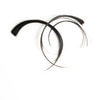
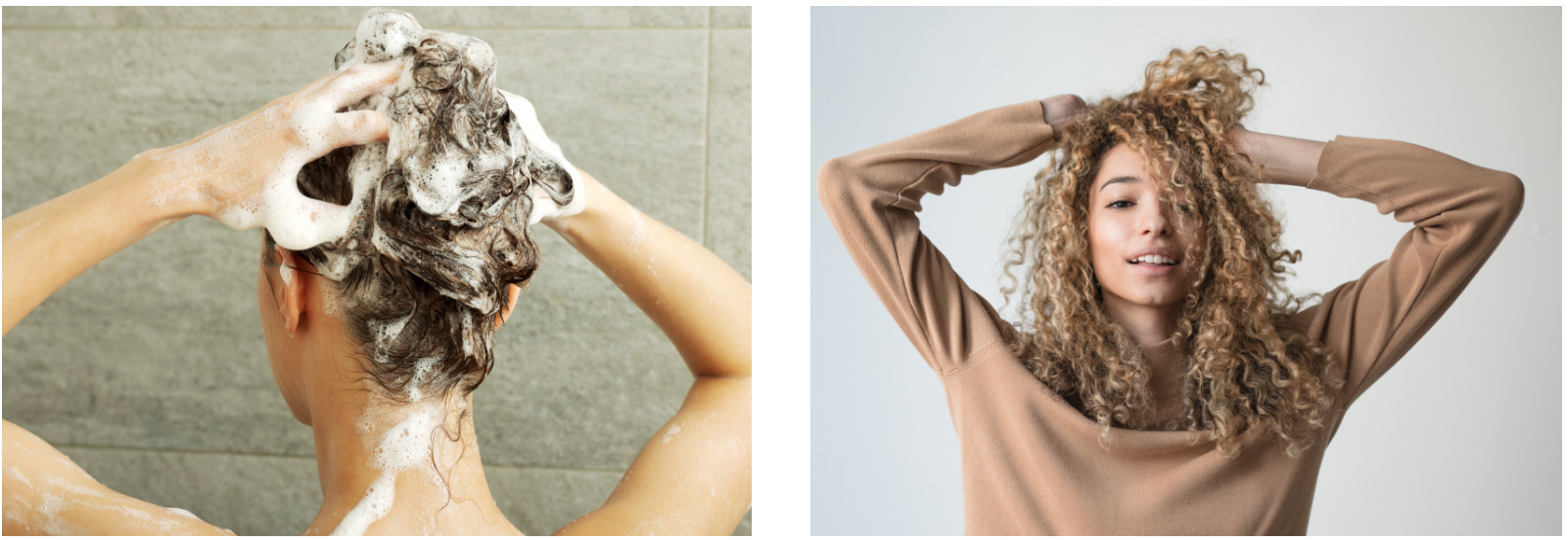
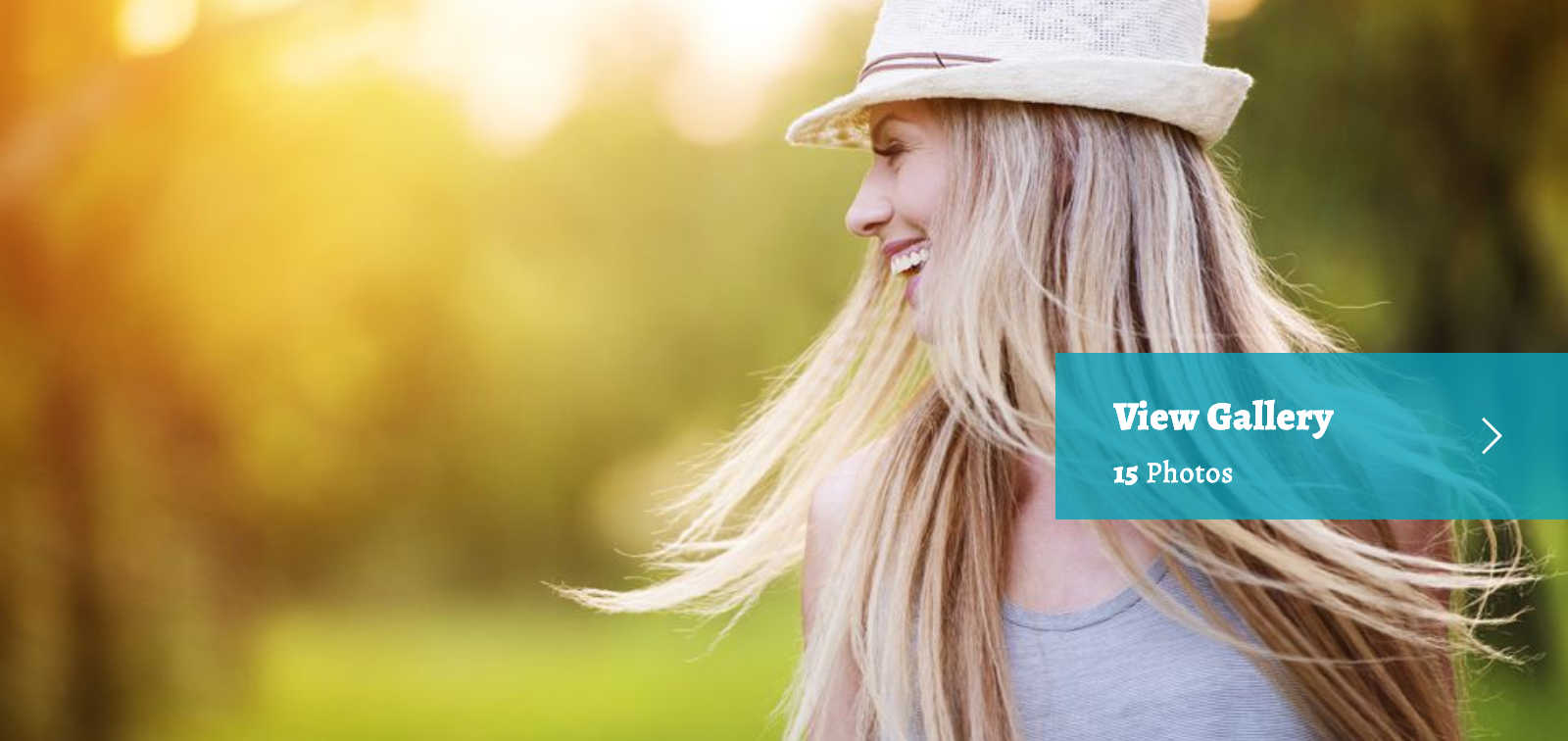
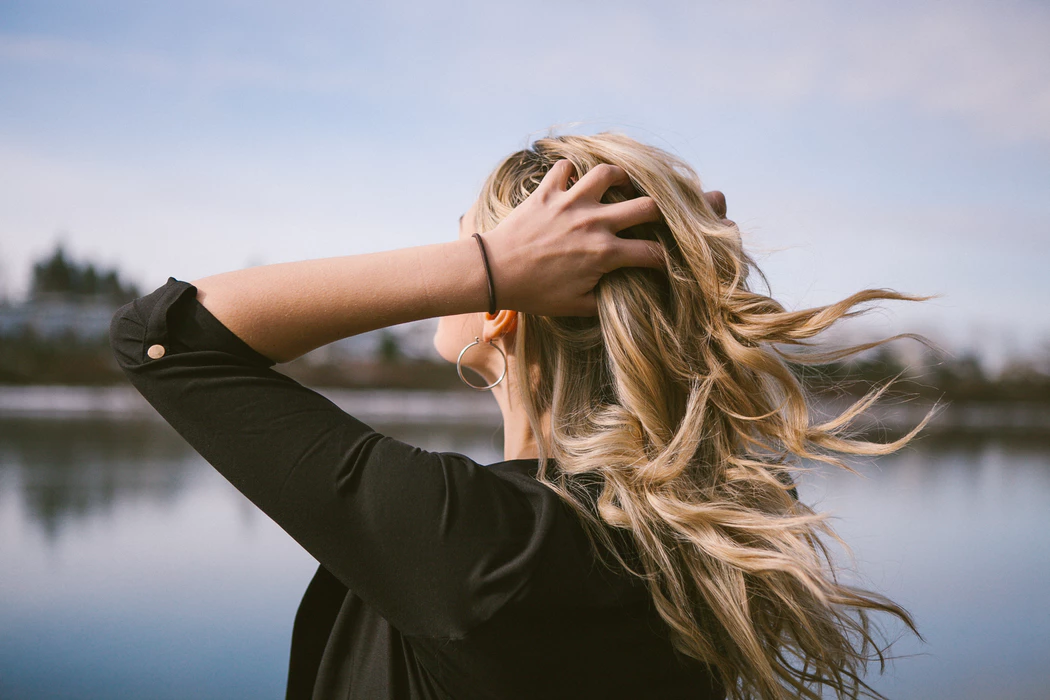
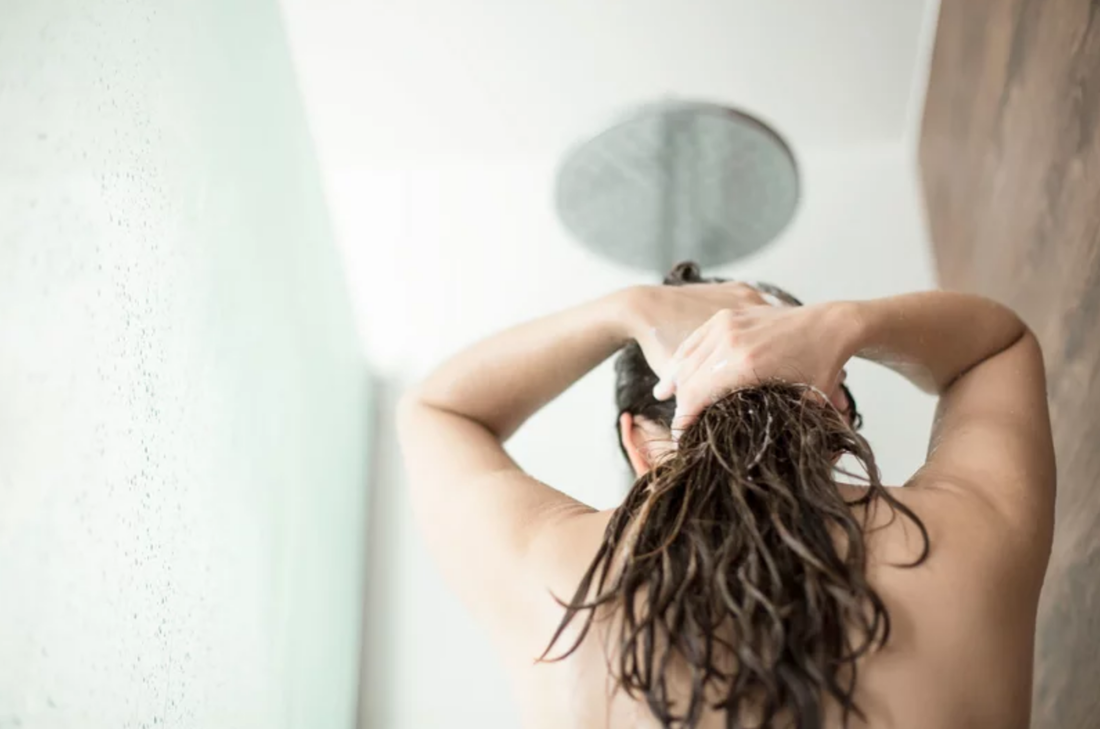

 RSS Feed
RSS Feed